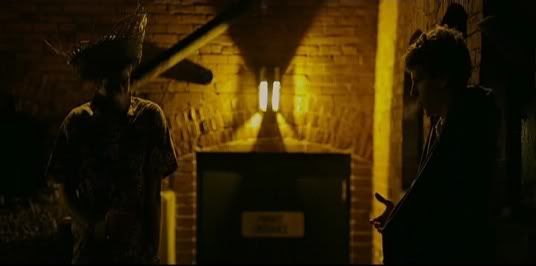
All of David Fincher’s films have had a distinct visual style, whether he’s working with Darius Khondji (“Se7en”) or Harris Savides (“Zodiac”). The same can be said of The Social Network, but Jeff Cronenweth has tempered the Fincher-isms with a real sense of the technocentric world we’re living in. From the orange gaze of Connecticut streetlights to the white-out offices of Facebook’s California headquarters, the cinematography adds to both the drama and the reality of what’s on screen.
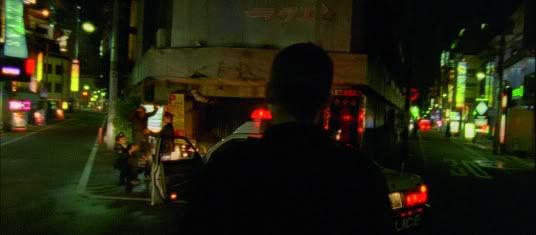
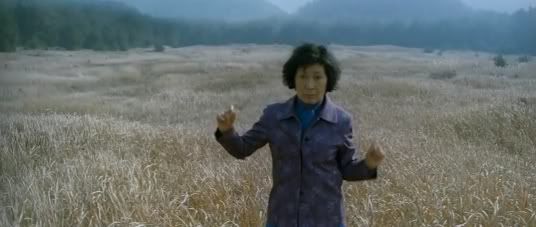
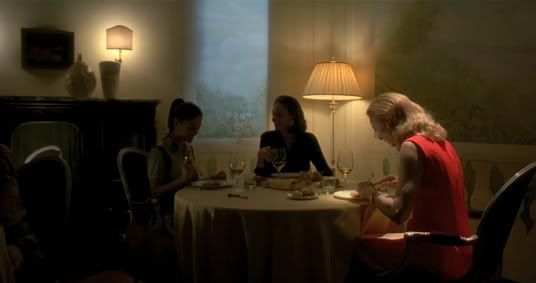
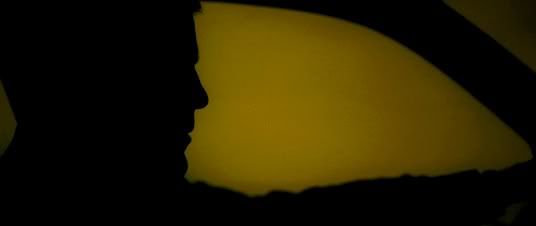

Benoît Debie unleashes some truly awe-inspiring images in Enter the Void. Long, seamless tracking shots follow characters down stairwells and through Tokyo streets, and tiny apartments illuminated by vivid, pulsing neon lights. Although some of the most impressive shots in the film are the work of computer programmers and graphic artists, everything between the pixels is no less fantastic.

Hong Kyeong-pyo does a great job providing the requisite deep, dark shadows, but he's equally adept at capturing Mother's human drama. The surreal moments that bookend the film's central mystery — both of the protagonist dancing away her pain — are critical to the success of the film. The first, a meticulously framed and lit scene through a field of tall grass, and the second, a chaotic shot that loses its character amidst the other dancers, are executed perfectly.

It's one thing to capture beauty on film. It's another to have that beauty stand for something. In I Am Love, Yorick Le Saux uses everything in his toolbox to craft breathtaking scenes of rekindled passion. The impassive sculptures of industrial Milan serve as a striking counterpoint to the glowing warmth of Antonio's food and the source of his inspiration, the Italian countryside. There are two types of beauty in "I Am Love;" one that inspires and one that stifles. Le Saux expertly captures both.

Beyond the threadbare plot and low-key acting, the true star of The American is Martin Ruhe's cinematography. The film, very much like director Anton Corbijn's previous "Control" (also lensed by Ruhe), feels as if it were conceived as a series of still photographs. No surprise then that Corbijn started his career as a photographer. There's a depth and breadth to the imagery here that's difficult to top and, most importantly, contributes to the atmosphere Corbijn's tried to cultivate.

No comments:
Post a Comment